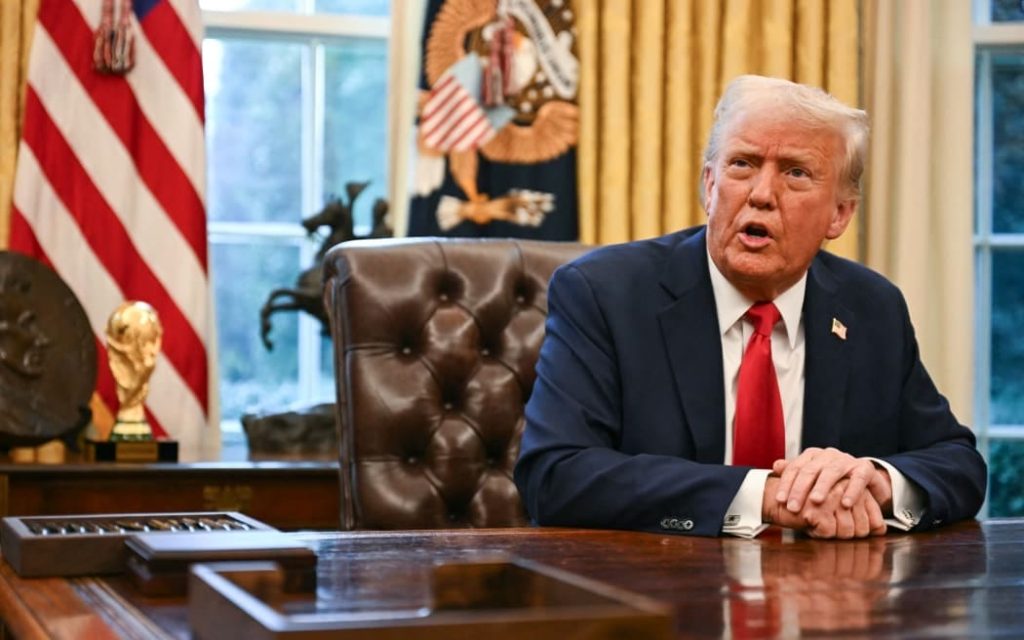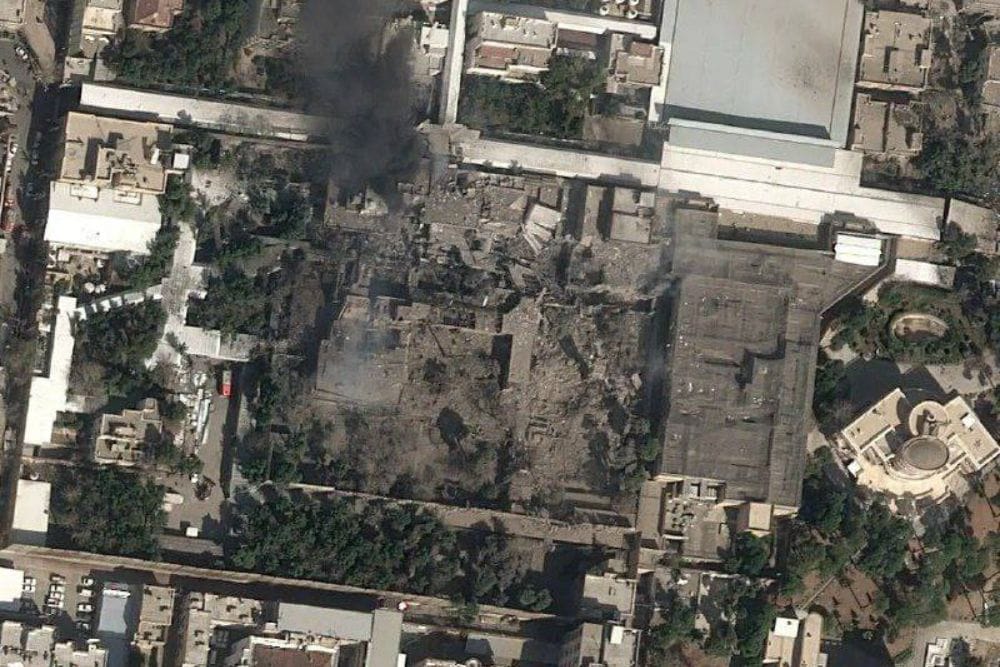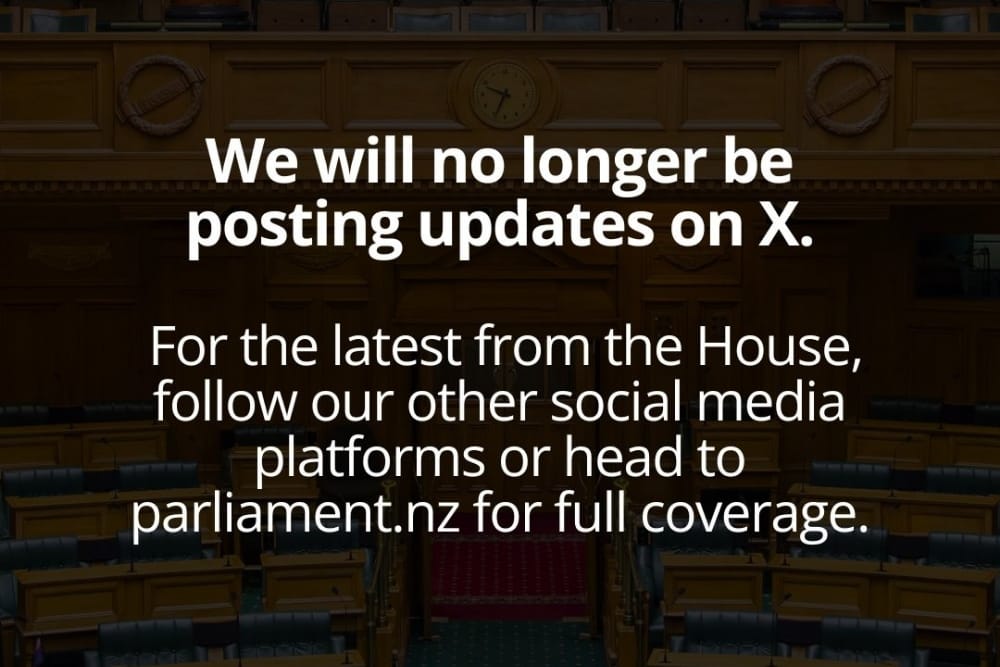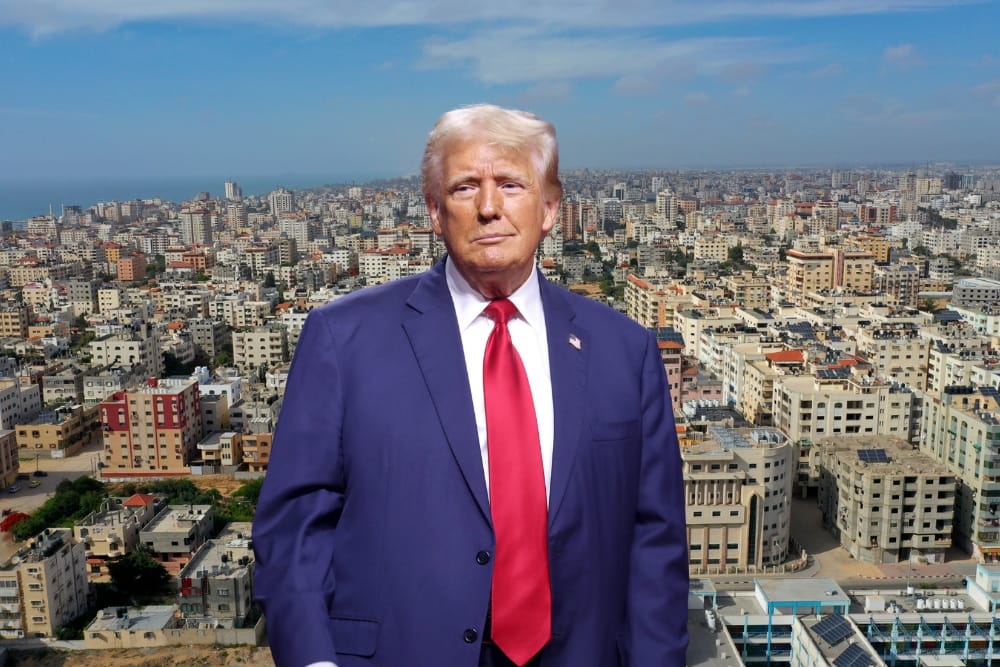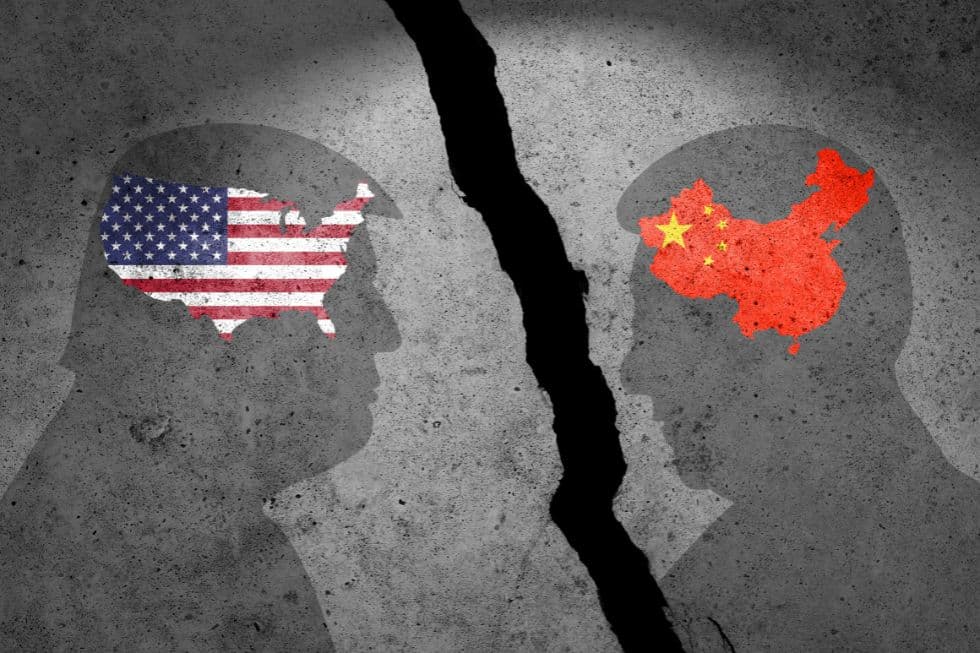By: Philip Crump
Within 3 weeks of assuming office for the second time, Trump’s muscular foreign policy agenda promises to reshape the global world order.
Less than a month into his second term, Trump has already dismantled the old rules of US foreign policy and ushered in a new era.
Liberal interventionism which emerged as the dominant policy setting in the smouldering ruins of the Twin Towers on 9/11 is officially over. Its last act was arguably the chaotic and humiliating withdrawal of US forces from Afghanistan in August 2021.
In its place is the Trump doctrine of Balance Sheet Diplomacy – a strategy which focuses on transactional, high-stakes deal-making as the primary tool of international foreign policy.
Trump opened with three audacious proposals – the first that Canada should become the 51st State, the second that the US should take control of Greenland, and the third that the Panama Canal should return to US ownership.
A fourth goal was announced late last week when Trump declared that the US would take control of the Gaza Strip and oversee its redevelopment. The plan was reminiscent of Trump’s pitch to the North Korean Leader Kim Jung-un in 2018 when he floated the idea of a coastal real estate development plan in exchange for the hermit kingdom’s denuclearisation.
Each of Trump’s latest proposals has triggered widespread backlash, with affected nations rejecting what they see as economic strong-arming. However despite the backlash, Trump is using trade imbalances and economic might to realign global relationships with tariffs being utilised as the primary weapon.
Trump’s approach is already yielding results. US Secretary of State Marco Rubio announced last week that Panama will allow its participation in China’s Belt and Road Initiative to expire. Rubio stating that Panama was the first Latin American country to join Belt and Road, and that it has now become the first Latin American country to leave the initiative.
Belt and Road is often cited as a prime example of China’s Debt Diplomacy – a policy whereby China provides substantial loans and investments to finance infrastructure projects in the developing world. On their face, those transactions are mutually beneficial however if the debt becomes unsustainable, it can become a leverage tool that is used to compel political or strategic concessions to China.
New Zealand has witnessed first-hand how China’s Debt Diplomacy is reshaping the Pacific, with infrastructure deals and strategic alliances influencing regional politics over recent years. The latest example being the revelation this week that the Cook Islands Prime Minister is set to travel to China within days to sign a comprehensive strategic partnership with the world’s second largest economy.
On Sunday’s Q&A with Jack Tame, the former Trade Minister and NZ Ambassador to the US, Tim Groser suggested that we are witnessing ‘Peak Trump’ at the moment and that inevitably his powers will wane – potentially at the next midterms in 2 years.
Whilst undoubtedly Trump is at the zenith of his powers, the changes that he envisages to the global world order and his doctrine of Balance Sheet Diplomacy promise to last a generation and potentially form the centrepiece of his legacy.
Canada, Denmark and Panama have been early targets of this new doctrine. The true test of Balance Sheet Diplomacy will be its impact on China.
If Trump can force real concessions from Beijing – on trade, security or global influence – then this economic-first approach could reshape geopolitics for decades.
If not, it may end in bluster, overshadowed by more traditional power struggles.

